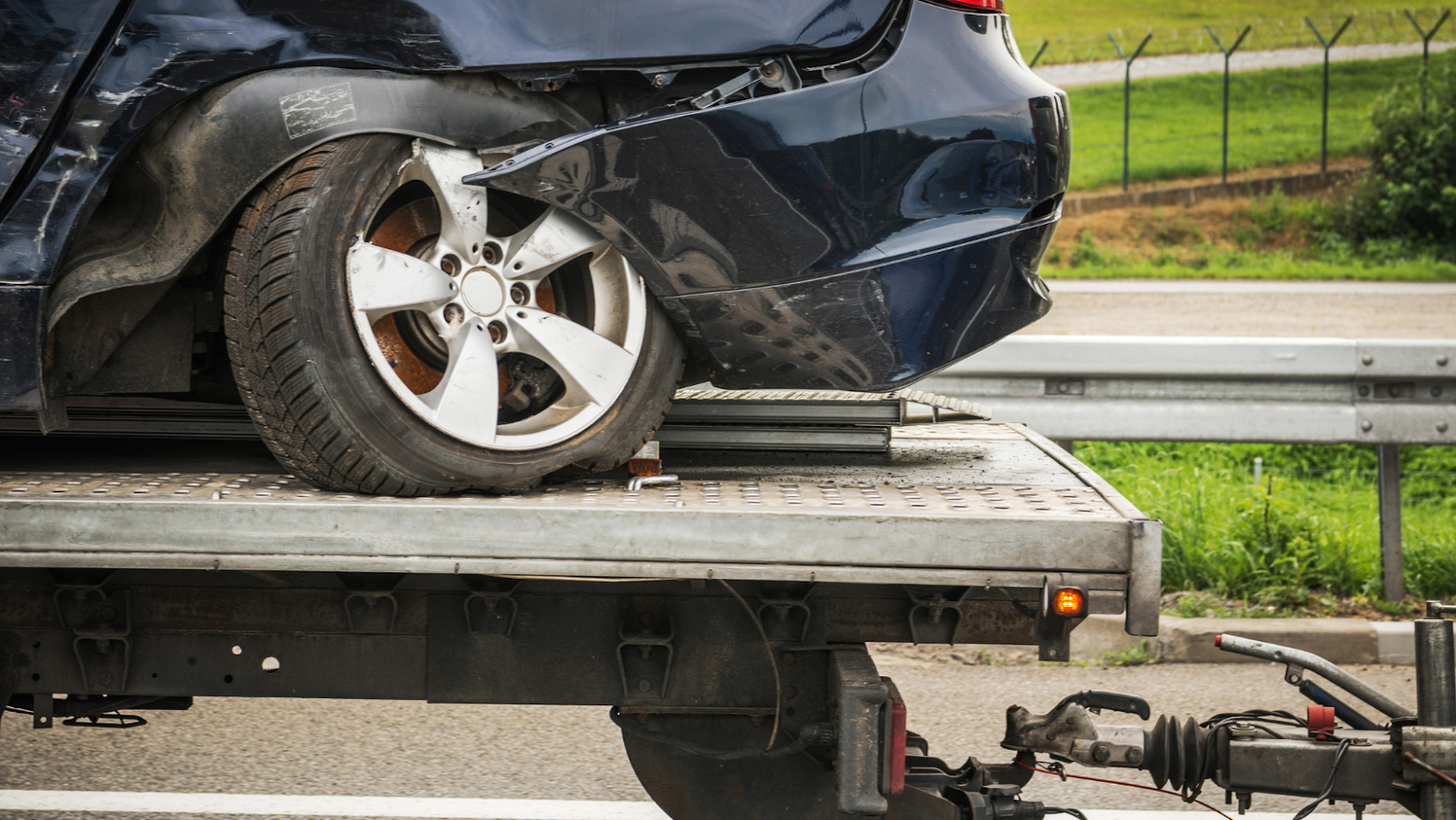
When you’re moving cross-country or long-distance, it makes more sense to ship your car, especially with multiple vehicles in your household. Making a road trip to your destination is usually not a good idea when you’re moving your life to a new location that’s far away. Most likely, you’re pressed for time and cannot enjoy the scenic route since you’re rushing to unpack to get your life back on track.
Besides, driving the car could cost more with fuel, toll fees, meals, and accommodations. There’s also vehicle wear and tear and the risk of an accident the more you stay on the road. Driving for days is tiring, forcing you to lose focus and drawing your attention away from more important responsibilities. Working with the best the cheapest car shipping options is the most hassle-free solution since it assures your car is shipped safely and on time. Sit back and relax while a professional driver does all the hard work. Here’s how to make car shipping less of a headache.

Research Different Companies
To prevent any issues, you have to start on a solid foundation. This means working with a reputable company that is licensed and certified. Do your due diligence and research various carriers. Ask for their shipping estimates and terms of service. Apart from reading online reviews or testimonials from past clients, you must ask the hard questions:
- Does the company provide insurance coverage for your vehicle in case of an accident?
- What happens if the shipment is delayed?
- How will the shipping company address problems if my car arrives with damage?
- Do you provide GPS tracking so I know where my car is?
Knowing the answers to these questions could help you manage expectations and save you from future heartache. And remember that the cheapest option is not always the best choice. Avoid scams by finding a company that provides value for money.
Avoid Delays With Proper Paperwork
If you want to avoid delays when shipping your car, make sure you have the right paperwork. You may not be able to transport the vehicle if you don’t have the right documents at your disposal. For vehicle shipment, you need to round up the following:
- A copy of your driver’s license
- The original title of the car
- Proof of car insurance
- Car registration
- Deed of sale (proof of ownership)

Prepare Your Car for Shipment
Avoid any potential issues while your car is in transit. Doing preparatory work means your car will arrive at your destination in good condition. For starters, ensure the gas tank is half full as this reduces weight and shipping costs. Next, check tire pressure because overinflated and underinflated tires could damage your car during the loading and unloading on the trailer.
Most importantly, make sure your car has no leaks. If your car has leaks, the car shipper could refuse to have it onboarded, resulting in delays. Disable alarms, remove accessories, and clear the insides of personal effects. This dissuades thieves from pilfering your car while the truck is parked at rest stops.
Inspect Everything Before Loading and After Unloading
Before you load up the vehicle into the trailer, take pictures of every angle, both exterior and interior. It would help to give the car a good wash to see any nicks and dings. You can readily spot any pre-existing damage. With documentation, you have proof of your car’s appearance before the shipment. In this way, if your car incurs damage during transport, you’ll know where it is and the extent.
Part of the shipment process includes evaluating your vehicle before and after transit. Once you receive the vehicle, don’t forget to perform another inspection. Don’t sign the bill of lading or confirmation delivery if you spot any damages. Instead, you may need to fill out forms to make an insurance claim. With due diligence, you can have a seamless car shipment process free of headaches.























